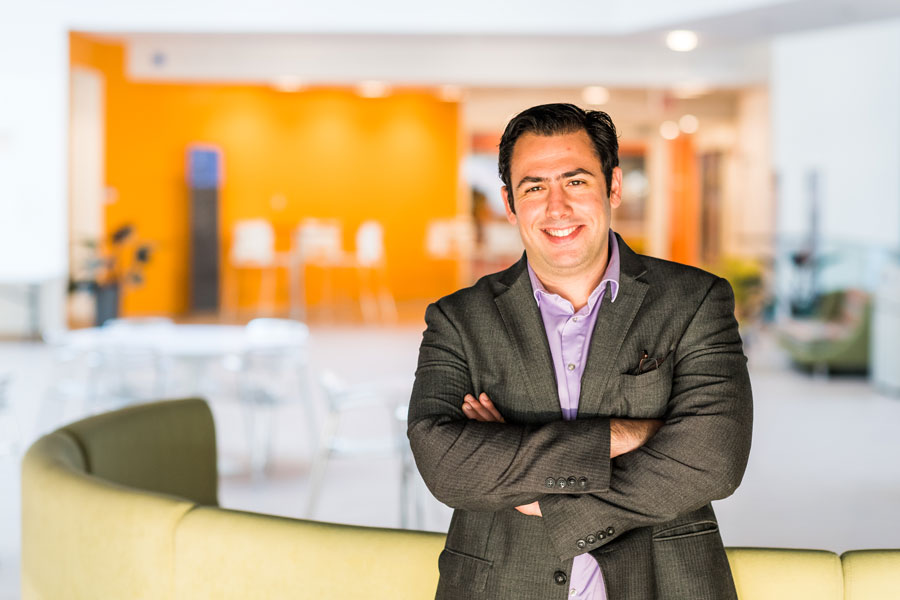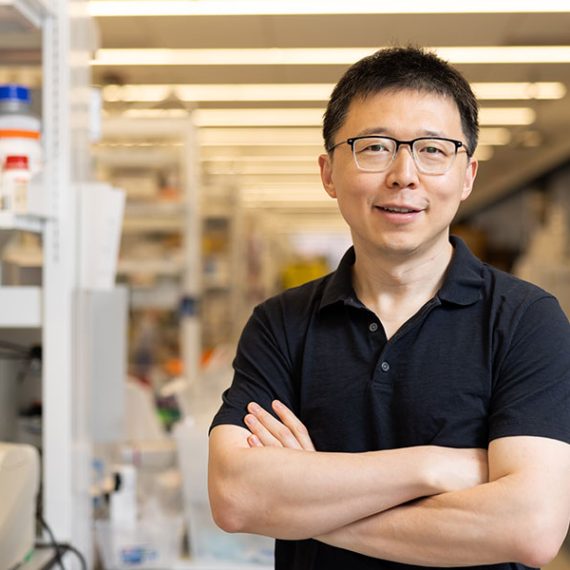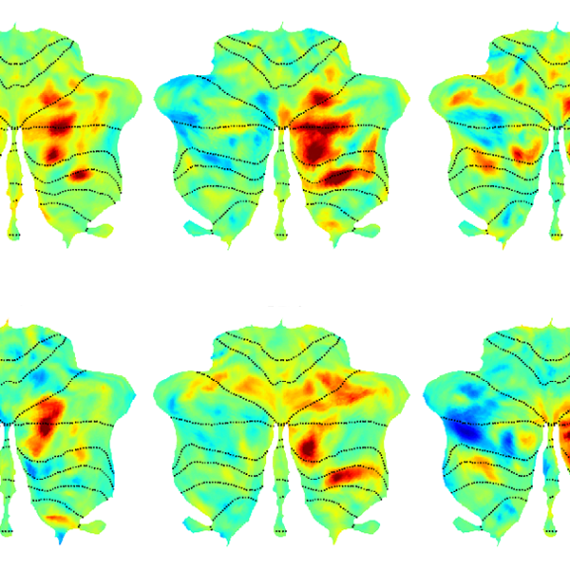Halassa named Max Planck Fellow
Halassa becomes one of the first US researchers selected for a Max Planck research fellow position.

Michael Halassa was just appointed as one of the newest Max Planck Fellows. His appointment comes through the Max Planck Florida Institute for Neuroscience (MPFI), which aims to forge collaborations between exceptional neuroscientists from around the world to answer fundamental questions about brain development and function. The Max Planck Society selects cutting edge, active researchers from other institutions to fellow positions for a five-year period to promote interactions and synergies. While the program is a longstanding feature of the Max Planck Society, Halassa, and fellow appointee Yi Guo of the University of California, Santa Cruz, are the first selected fellows that are based at U.S. institutions.
Michael Halassa is an associate investigator at the McGovern Institute and an assistant professor in the Department of Brain and Cognitive Sciences at MIT. Halassa’s research focuses on the neural architectures that underlie complex cognitive processes. He is particularly interested in goal-directed attention, our ability to rapidly switch attentional focus based on high level objectives. For example, when you are in a roomful of colleagues, the mention of your name in a distant conversation can quickly trigger your ‘mind’s ear’ to eavesdrop into that conversation. This contrasts with hearing a name that sounds like yours on television, which does not usually grab your attention in the same way. In certain mental disorders such as schizophrenia, the ability to generate such high-level objectives, while also accounting for context, is perturbed. Recent evidence strongly suggests that impaired function of the prefrontal cortex and its interactions with a region of the brain called the thalamus may be altered in such disorders. It is this thalamocortical network that Halassa has been studying in mice, where his group has uncovered how the thalamus supports the ability of the prefrontal cortex to generate context-appropriate attentional signals.
The fellowship will support extending Halassa’s work into the tree shrew (Tupaia belangeri), which has been shown to have advanced cognitive abilities compared to mice while also offering many of the circuit-interrogation tools that make the mouse an attractive experimental model.
The Max Planck Florida Institute for Neuroscience (MPFI), a not-for-profit research organization, is part of the world-renowned Max Planck Society, Germany’s most successful research organization. The Max Planck Society was founded in 1911, and comprises 84 institutes and research facilities. While primarily located in Germany, there are 4 institutes and one research facility located aboard, including the Florida Institute that Halassa will collaborate with. The fellow positions were created with the goal of increasing interactions between the Max Planck Society and its institutes with faculty engaged in active research at other universities and institutions, which with this appointment now include MIT.




